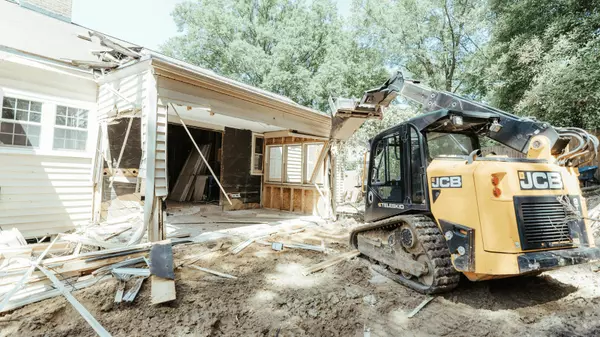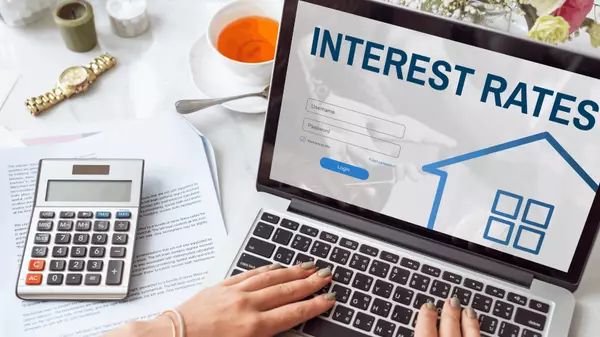How to Determine if you are ready to buy a home.
Deciding to buy a home is one of the most significant financial steps you'll ever take. It’s a multi-faceted decision that requires thorough evaluation and long-term planning. Whether you're a first-time homebuyer or someone looking to upgrade, the importance of self-assessment cannot be overstated. Here, we guide you through several key considerations to help you determine if you’re indeed ready to take the plunge into homeownership.
 1. Do You Have a Stable Job?
1. Do You Have a Stable Job?
Your employment status is one of the most critical factors when it comes to buying a home. Lenders like to see that you have a stable source of income, as this gives them confidence that you'll be able to meet your mortgage payments. Typically, it's advisable to have been employed in a stable job for at least two years before you consider buying a home. This employment history not only gives you financial stability but also makes you more attractive to mortgage lenders who are scrutinizing your ability to repay the loan.
2. Have You Figured Out What You Can Afford?
Knowing what you can afford is pivotal. This involves not just looking at the purchase price of the home but also considering other costs such as property taxes, homeowners insurance, maintenance expenses, and possible homeowners association (HOA) fees. Financial advisors commonly suggest the 28/36 rule. This rule states that you should spend no more than 28% of your gross monthly income on housing expenses and no more than 36% on total debt (including your mortgage, credit cards, student loans, etc.). Before you start house hunting, it’s important to get pre-approved for a mortgage. Pre-approval can give you a realistic idea of what loan amount you qualify for based on your income, credit score, and other financial factors.
3. How Long Do You Plan to Live There?
Buying a home is not just a financial investment but also a commitment to staying in one place for an extended period. Real estate transactions involve significant costs, such as closing fees, moving expenses, and, potentially, repairs or renovations. To offset these costs, experts generally recommend planning to stay in the home for at least 5 to 7 years. This timeframe allows you the opportunity to build equity, which can be particularly important if you're planning on upgrading to a larger home or moving to a different area in the future.
Additional Considerations
While these three factors are crucial, there are additional considerations that can influence your readiness to buy a home. Your credit score, for instance, plays a significant role in determining your mortgage rate and terms. A better score could save you thousands of dollars over the life of the loan.
Additionally, having an emergency fund in place can provide a safety net in case of unexpected expenses such as medical emergencies or sudden job loss. This fund should ideally cover 3-6 months of living expenses.
Personal life circumstances also come into play. Are you planning to start or expand your family? Do you have aging parents who might need your support? Such factors can influence the type and size of home that would best suit your long-term needs.
Conclusion
The decision to buy a home should never be taken lightly. Ensuring that you have a stable job, understanding your financial limits, and committing to a longer stay can make the difference between a successful home purchase and a regrettable mistake. By carefully evaluating these factors, you can make an informed decision that aligns with both your financial goals and personal circumstances. Homeownership can be an enriching experience that offers stability, a sense of community, and long-term financial benefits—if done correctly.
Categories
Recent Posts










